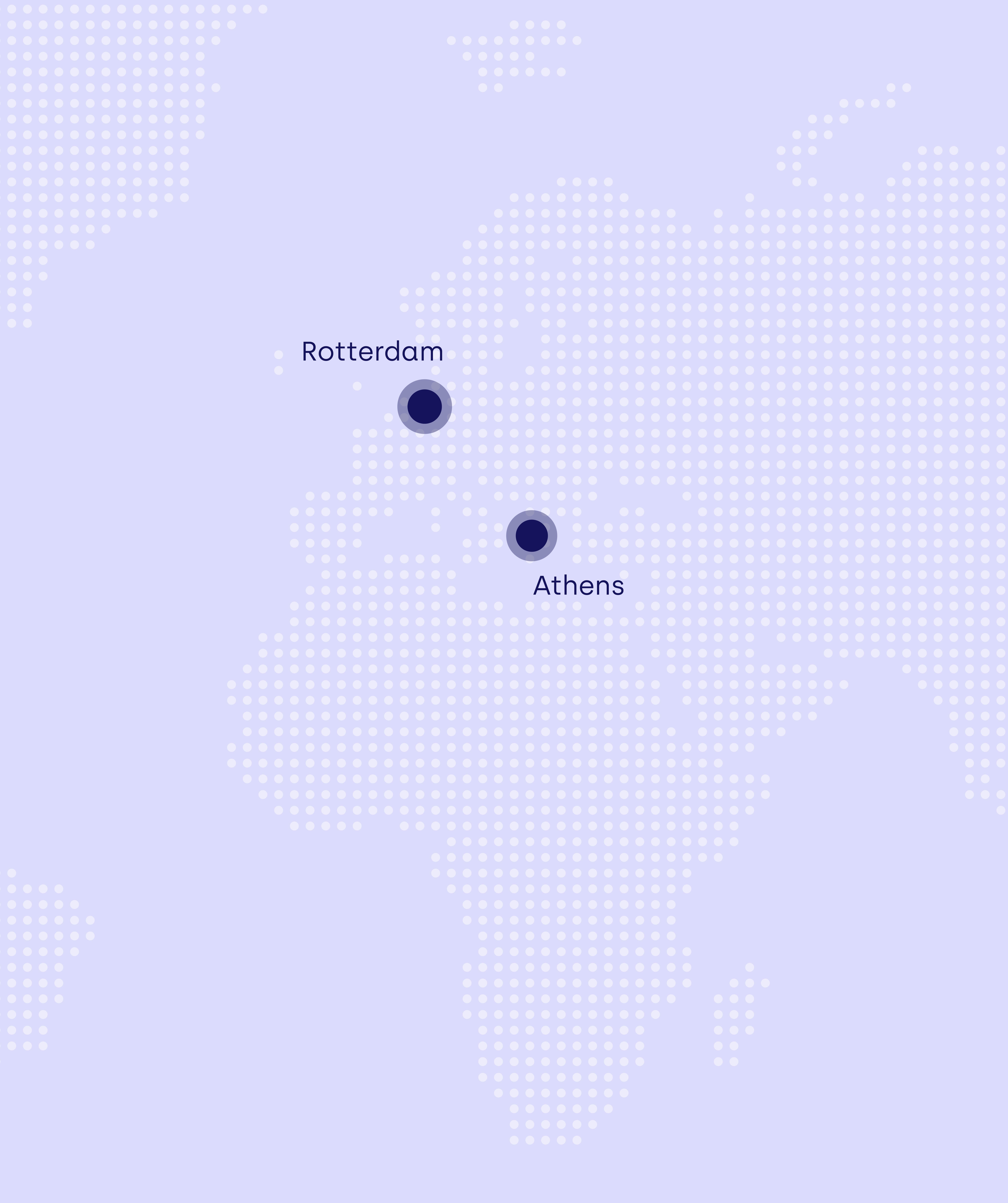About Fabrix
FABRIX is a Horizon Europe project running from January 2024 to December 2026.
FABRIX refers to “Fostering local, beautiful,and sustainably designed regenerative textile and clothing ecosystems”. Read below to find out why, where and how we plan on achieving this.
Our Vision
Why change is imperative
The textile and clothing sector is one of the EU’s most innovative and economically important sectors just as much as its an environmental disaster. The European Green Deal, the Circular Economy Action Plan, and the Industrial Strategy have identified the T&C sector as a priority sector to pave the way towards a carbon neutral, circular economy, and a key product value chain with an urgent need and a strong potential for the transition to sustainable and circular production and consumption, including new business models (source).
Many cities in Europe are starting to realize the importance of bringing manufacturing back to urban areas, but at the same time struggle with the planning and designing of these in or near their cities. This struggle arrives from the difficulty of these functions to be spatially mixed with residential and commercial functions, because of land price mechanisms, but also following effective processes. There is an urgent need to find spatial planning and design tools and ideas to cope with this challenge.
What can be done? While the micro and small to medium enterprises of the T&C sector focus on reducing environmental impact of their processes or on innovative (or traditional) recycling processes, what is lacking is an overall or systemic view that can only be developed through mapping and collaboration. Add to this how years of the linear economic model have caused much of manufacturing to move out of urban areas or directly out of the country and continent, leading to shortages of skills and a lack of local, small-scale production.

How we will lead change
FABRIX asks if it is possible for a digital platform or series of tools to help unite and rebuild an industry like T&C while at the same time facilitate the development of spatial urban areas in a way that would include a more localized and socially inclusive regenerative and innovative manufacturing sector.
This EU-funded project takes two very different cities as case studies: Rotterdam in the Netherlands and Athens in Greece. Working with representatives from the many aspects that make up the textile and clothing industry, from student designers to established textile producers and everyone in between, we’ll define needs, build community, and combine services in an innovative and interactive platform that will support a more local, circular, regenerative and ethical manufacturing and consumption process.
Our approach encompasses fostering a network of cooperation among designers, manufacturers, policymakers, and educational institutions. By promoting circular business models, supporting the development of sustainable materials, and advocating for ethical practices, we aim to catalyze a comprehensive transformation of the T&C sector in Athens and Rotterdam. The tools and methods will be available to other cities and industries to use and adapt to their context.
The platform
The platform produced as part of FABRIX’s activities will be a suite of digital tools that enhance local stakeholders’ capacity to manage and improve value chains.
We have observed that it is very challenging for planning professionals who deal with a range of network types, such as economic, resource flow and spatial planning, to have constructive exchanges regardless of the overlap of these disciplines and worldviews.
In Fall 2025, the platform is in Beta mode (access at platform.fabrixproject.eu) and its functionalities are being validated by the Facilitators and organisations who are recipients of our two open calls. If you are interested in getting involved in Rotterdam or Athens, feel free to sign up and join us!
In the future, partners will explore transfer methodologies so that other urban areas can benefit from the platform and resources developed during this project.